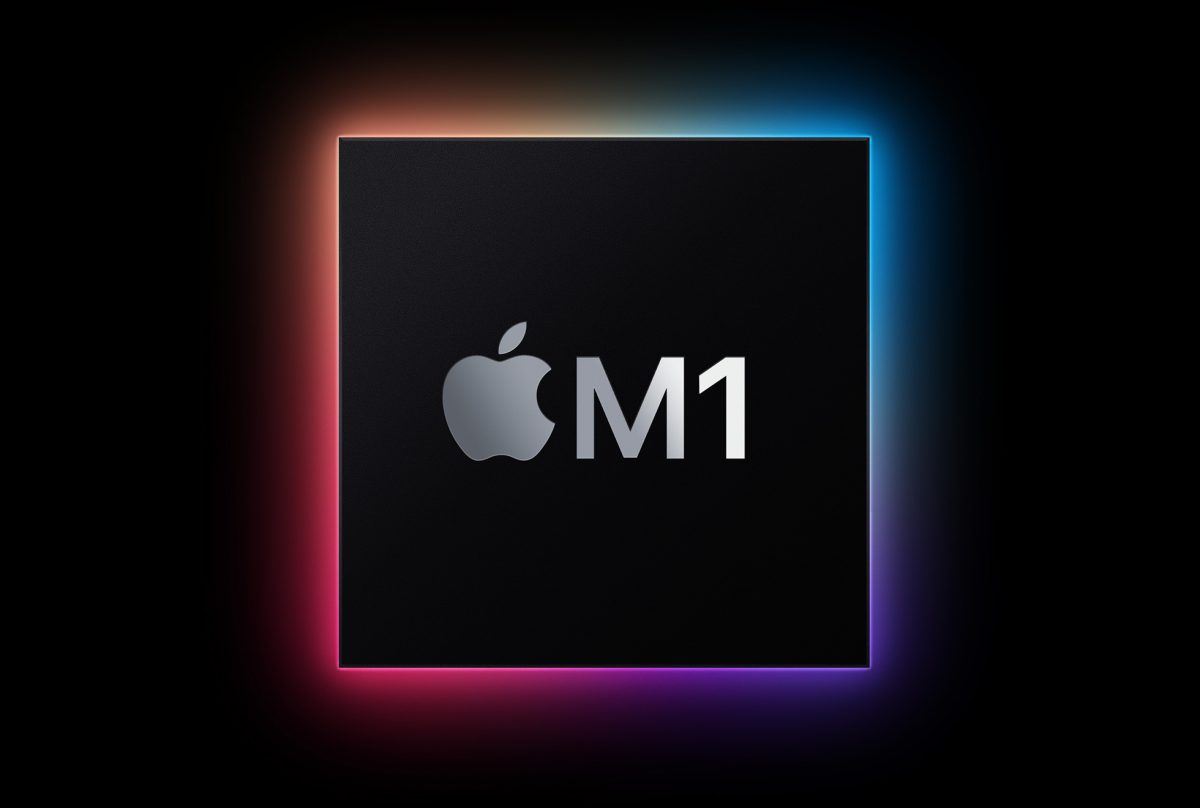Apple recently launched its latest iPhone 12 lineup, which is powered by the company’s A14 Bionic chipset. It is one of the first models in the smartphone industry to be manufactured using the 5nm process.
Now, reports about the company’s upcoming Apple A15 Bionic chip are beginning to emerge. According to a recent report, it seems that the tech giant is again partnering with manufacturer TSMC to push for ever smaller nodes for the upcoming processor.

Apple expected to use TSMC’s advanced 5nm+ and 4nm technologies for ‘A15’ processor
According to the recent report from TrendForce, the next-gen smartphone processor from the tech giant will be manufactured using the 5nm+ processor, which is being referred to by the company as N5P. SMC says that the N5P node is the performance-enhanced version of the current 5nm process and is claimed by the Taiwanese company to deliver additional power efficiency and performance improvements.
“Looking ahead to 2021, in addition to Apple’s 5nm+ wafer input for the A15 Bionic SoC, trial production will also kick off for a small batch of AMD 5nm Zen 4 CPUs. These products will help maintain TSMC’s 5nm capacity utilization rate at an 85-90% range next year.”

This corroborates a previous report which also stated that the company is planning to mass-produce the upcoming chipset in Q3 2021.
Reports about Apple’s upcoming chip do not stop there. The next chipset that will come after the A15, the Apple A16, most likely in the year 2022, is said to be based on TSMC’s 4nm process, which the tech giant is currently working on.
“Furthermore, based on current data, Apple is highly likely to continue manufacturing its A16 SoCs with the 4nm process technology (a process shrink of the 5nm node). This may lead TSMC to further expand its 5nm capacity at that time to fulfill high demand from clients.”
Given that TSMC also manufactures Apple’s newly launched M1 chipset, the advancement in the process will extend to future Apple Silicon chips as well.

Apart from the 5nm process, manufacturers like TSMC and Samsung Electronics have already started working on the 3nm and 2nm process, which are expected to be ready for mass-production by 2025. The report suggests that demand for TSMC’s 5nm process technology will remain “relatively strong and stable”, and the mass production of the 3nm process will further increase TSMC’s market share.
Read More:
3 comments
Comments are closed.